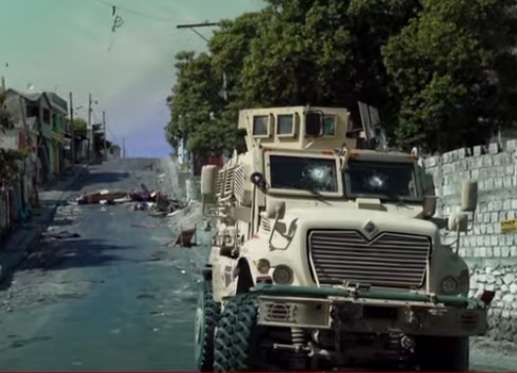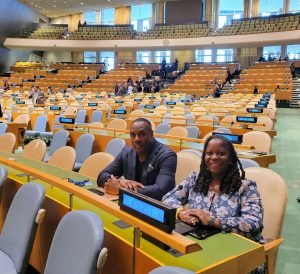UN Report Details Dire Human Rights Situation in Haiti
Haiti is submerged in a horrifying vortex of escalating violence, a crisis starkly depicted in a recent UN report and vividly illustrated by a BBC reporter’s armored car tour through the streets of Port-au-Prince, where even the sight of a burning body has become a grim normality. The UN High Commissioner for Human Rights, Volker Türk, has labeled the situation as extreme, with gang violence claiming over 5,600 lives in 2024, a thousand more than the previous year. The statistics, however, are merely the skeletal framework of a much larger tragedy, failing to capture the unspeakable brutality and pervasive fear gripping the nation. Beyond the raw numbers lie over 2,200 injuries and almost 1,500 kidnappings, painting a picture of a country held hostage by rampant lawlessness. Türk insists that restoring the rule of law is paramount, a critical step towards stemming the tide of violence engulfing Haiti.
This reign of terror is punctuated by appalling acts of savagery, such as the massacre perpetrated by the Wharf Jeremie gang in Port-au-Prince. This incident, described as one of the largest massacres in the city’s recent history, saw the gang brutally murder at least 207 people, many of them elderly. The gang leader, accusing the victims of causing his son’s death through Vodou rituals, ordered the burning and mutilation of their bodies in a grotesque attempt to obliterate evidence. Some bodies were even discarded into the sea, adding another layer of horror to this already unspeakable crime. This incident exemplifies the extreme brutality that has become commonplace in Haiti, highlighting the urgent need for intervention.
The UN report further unveils the depth of the human rights crisis, documenting over 300 lynchings, many of which targeted gang members and their associates. Disturbingly, some of these extrajudicial killings were reportedly facilitated by Haitian police officers, blurring the lines between law enforcement and vigilante justice. Adding to the grim tally, the report also cites 281 alleged summary executions involving specialized police units, raising serious concerns about the conduct of those entrusted with upholding the law. This climate of impunity, coupled with widespread corruption, creates fertile ground for further violence and human rights abuses, further destabilizing the already fragile nation.
Volker Türk, deeply concerned about the escalating crisis, has issued a fervent appeal for increased logistical and financial support for the Kenya-led mission in Haiti. This support is crucial for the mission to effectively fulfill its mandate of restoring order and security in the violence-torn nation. He emphasizes the urgency of the situation, stressing the need for immediate action to address the root causes of the violence and to prevent further bloodshed. Türk also highlights the critical role of international cooperation in providing essential resources and expertise to strengthen Haiti’s capacity to combat the pervasive gang violence and restore stability.
Simultaneously, Türk has called for a halt to deportations to Haiti, arguing that the country’s current state of insecurity renders it unsafe for returnees. He underlines the inherent contradiction in deporting people to a nation where their safety and well-being are gravely threatened. The acute human rights crisis, coupled with the rampant violence, makes it impossible to guarantee the safe, dignified, and sustainable return of Haitians. Despite these pleas, deportations continue, further exacerbating the humanitarian crisis and putting vulnerable individuals at risk.
The Dominican Republic, Haiti’s neighbor, stands out as a major contributor to this issue, having deported more than a quarter of a million people to Haiti last year. The United States has also resumed deportation flights, with the Biden administration sending around 50 Haitians back in April 2024, marking the first such flight in months. Other countries in the region, including Turks and Caicos, Jamaica, and the Bahamas, have also deported Haitians, collectively returning 231 individuals in October 2024. These actions, despite warnings from human rights organizations and the UN, underscore a disconnect between the desperate reality on the ground in Haiti and the policies of nations deporting people back to this dangerous environment. The continued deportations, in direct contradiction to the pleas for a halt due to the volatile security situation, raise serious ethical questions and highlight the urgent need for a more compassionate and considered approach to the Haitian migration crisis.
Share this content:








Post Comment